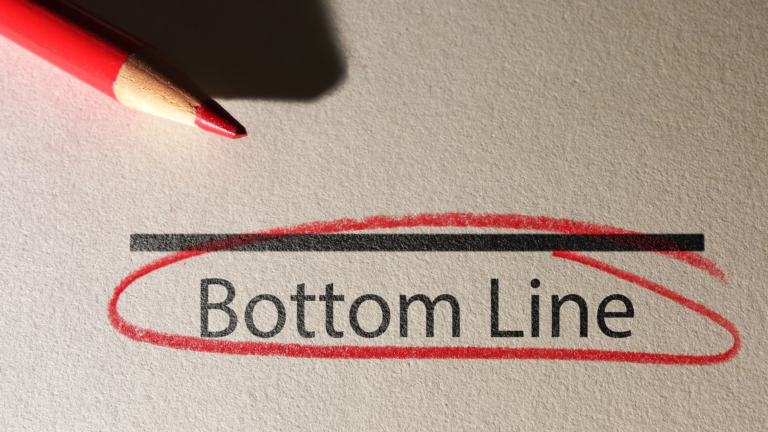This article, by Blythe Coons, is a continuation of our series on the (negative) emotions that typically trigger calls to us, and small tips to mitigate these challenges. They may feel familiar. That’s because they’re happening in board rooms and offices around the world on a regular basis.
Annoyed
Something is happening that bothers you.
Annoyance results in all sorts of bad audience behavior, from interruptions as the listener tries to get you to change or stop, to quiet simmering disapproval, to complete disengagement. Either way it’s dangerous.
A client, we’ll call him Rich, recently shared with me that he was giving a talk–a three-hour long presentation–to a group of company leaders. He was providing insightful information to the group, but one person insisted on interrupting Rich, and not just interrupting him, but correcting him. Or, at least, he thought he was correcting Rich.
Rich knew he was right, but didn’t want to get into an argument with one of his audience members. Instead, he stewed and continued.
Then he called us.
Every audience member values their time, and in a room full of CEOs, you’re dealing with incredibly valuable time. Rich had started his presentation by introducing himself and giving the audience a sense of who he was. Rich wasn’t wrong to begin the way he did–he was trying to establish his license to influence. This is a very important part of a presentation, particularly with audiences who don’t know you.
But this particular audience was much more interested in knowing if Rich’s content was worth their time. They wanted to know “what can you do for me?”
Tip: Give the Bottom Line Up Front
So what was Rich to do? We often coach our speakers to give the bottom line up front. If you know the question on the mind of the audience, or have already put the question in their minds, then they want to know the answer at the top, with the proof to follow.
Once you’ve answered the question, and they know what you’re going to talk about, then you can talk about who you are, and why you might be a really good person to answer that question and back it up.
Ultimately, if the audience doesn’t see their world reflected in what you’re saying, it’s going to bother them, and they might interrupt or challenge you.
Want to read more? Find our posts on Doubt, Feedback and Frustration here.
Annoyed? We Can Help.
Have you ever been annoyed by a presentation? Our Message Method class helps you identify the most important part of the message, and how to offer it to your audience in the way they most want to digest it. Avoid your own annoyance at interruptions, and avoid annoying your audiences, and call us. Contact us and let us know how we can support you.


